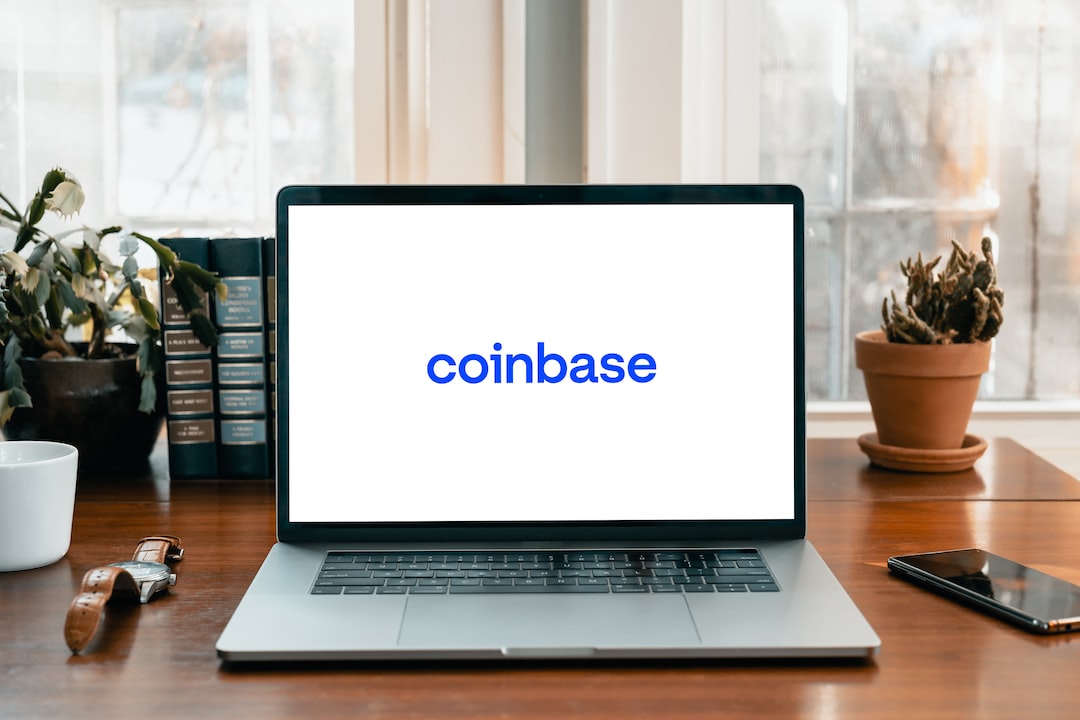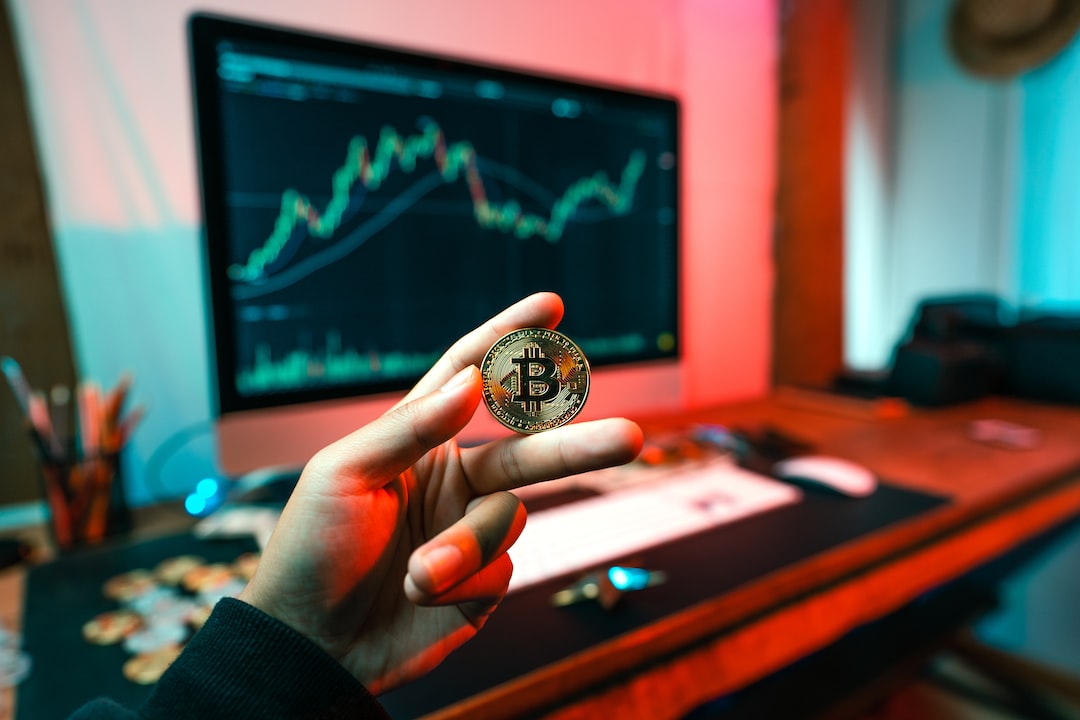OpenAI Dismisses Copyright Lawsuit Filed by The New York Times
OpenAI, a leading AI research lab, has responded to a copyright lawsuit brought against them by The New York Times (NYT), stating that the lawsuit is “without merit.” The NYT alleges that OpenAI used their content to train their AI chatbots without permission. This legal action highlights the ongoing challenges in the intersection of AI and copyright law.
The Lawsuit and OpenAI’s Response
In December 2023, the NYT filed a lawsuit against OpenAI and Microsoft, claiming that their generative AI models were trained using copyrighted content from the Times. OpenAI argues that training AI models with publicly available data falls under fair use and promotes innovation. The company also emphasizes that users are responsible for avoiding intentional misuse of the models.
Surprise and Partnership Talks
OpenAI expresses surprise at the lawsuit as they were in discussions with the NYT about forming a partnership. They believe this legal action does not reflect their typical use or intent of their AI models and presents an opportunity to clarify their practices.
Growing Trend and Collaborative Approaches
The NYT lawsuit is part of a larger trend where content creators challenge the use of their work in training AI systems. Some news organizations have chosen licensing agreements with AI companies, indicating a potential collaborative approach to address these concerns.
The Implications
This lawsuit will have significant implications for defining the boundaries and responsibilities of AI developers and content creators. It will shape the future of AI, journalism, and intellectual property rights.
Hot Take: AI vs. Copyright Law – Balancing Innovation and Protection
This copyright lawsuit between OpenAI and The New York Times raises critical questions about the relationship between AI and copyright law. While content creators seek to protect their work, AI developers argue for fair use and innovation. Finding a balance between these interests will be crucial in shaping the future of AI and ensuring the rights of content creators are respected.





 By
By
 By
By
 By
By
 By
By
 By
By